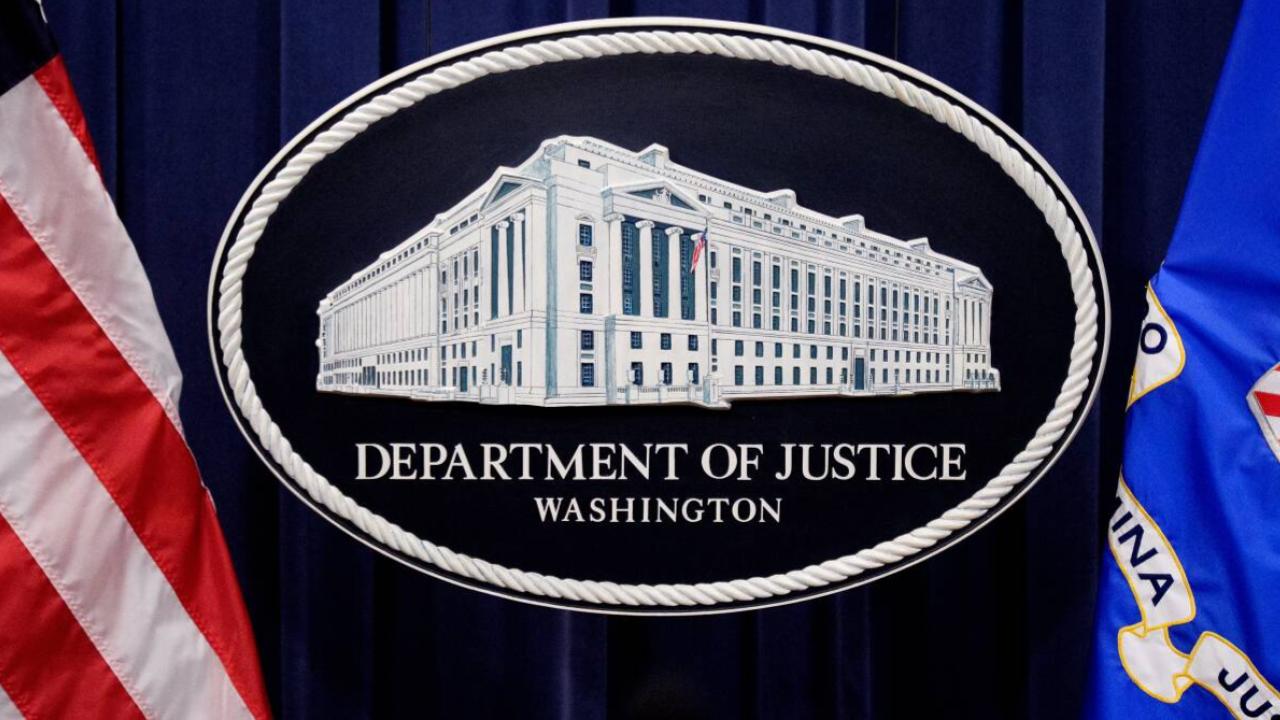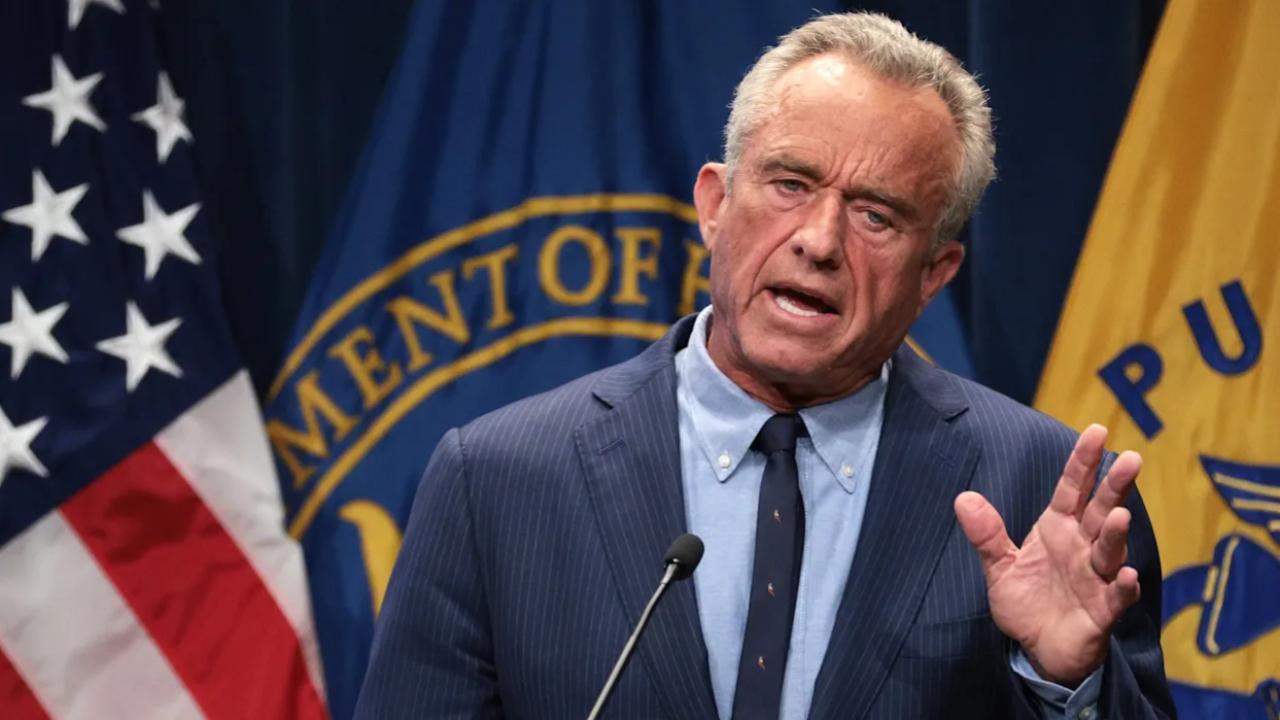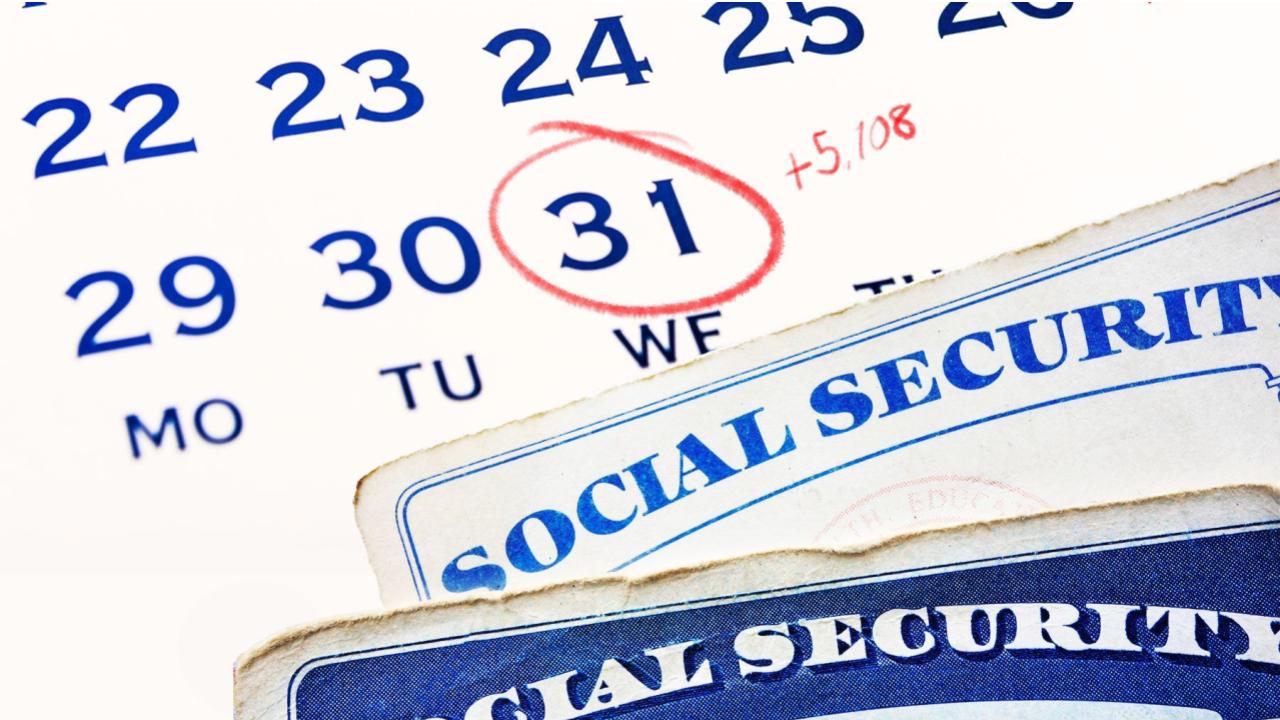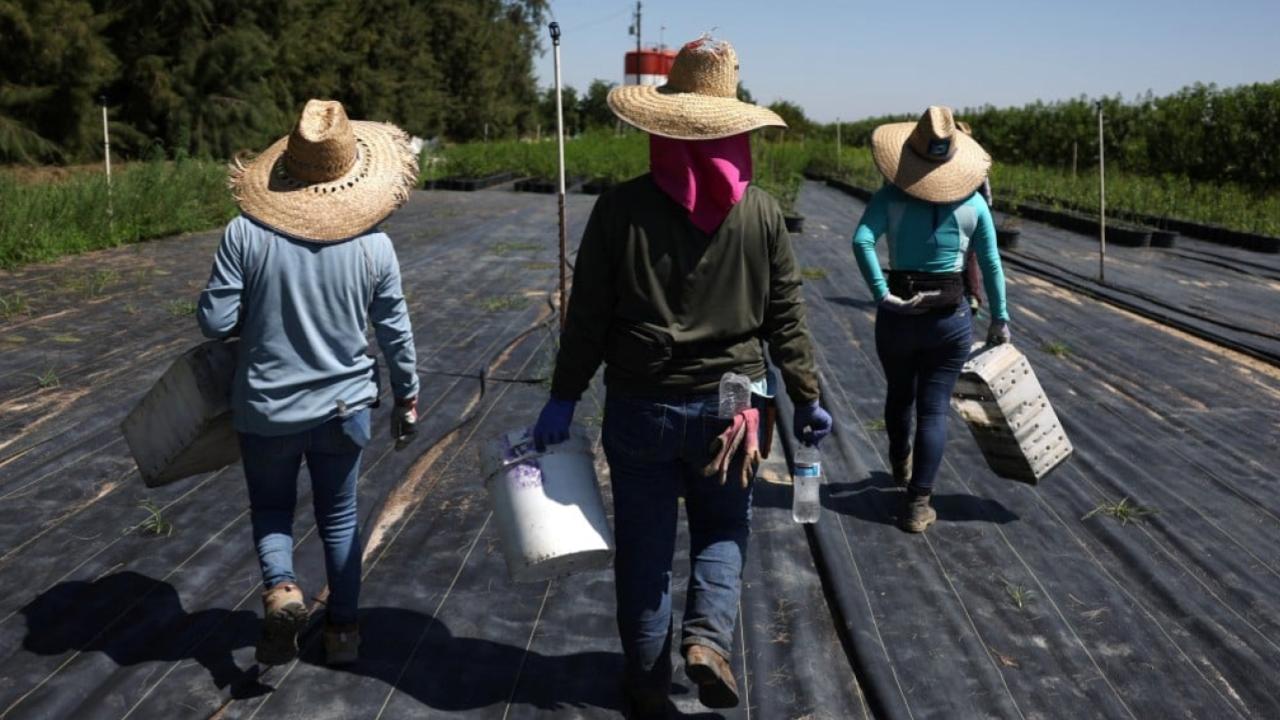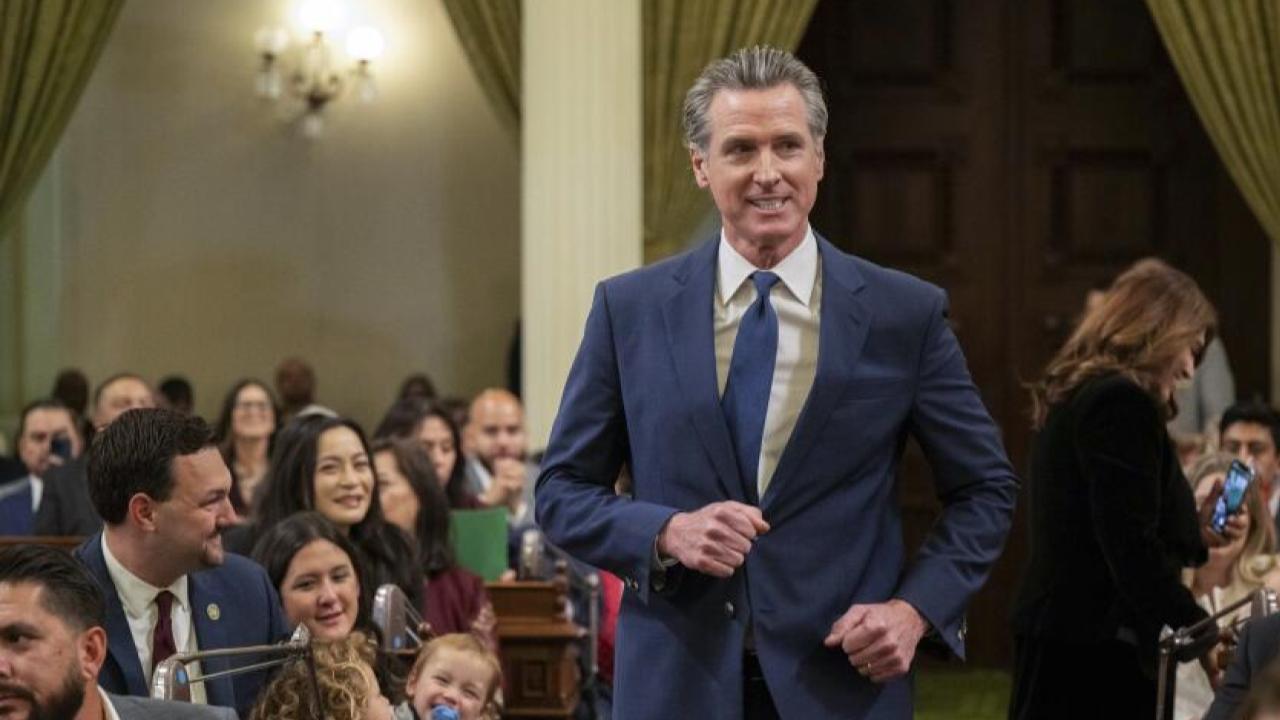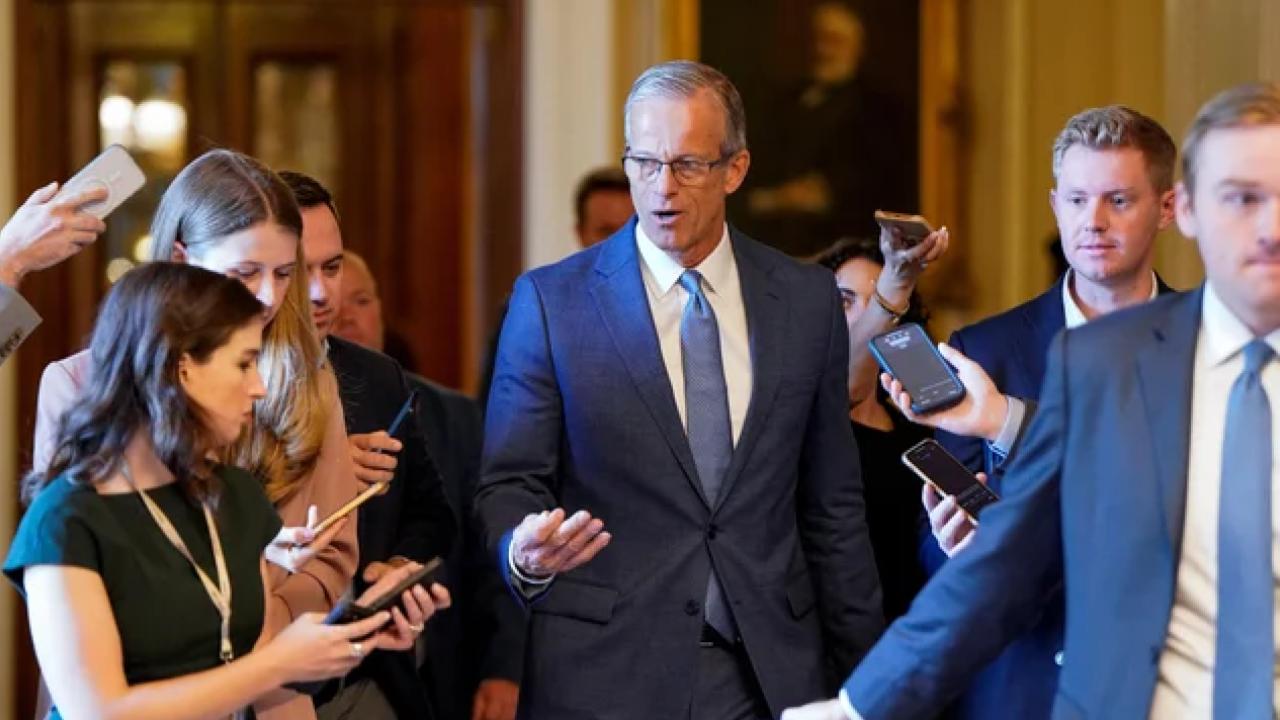Starting today, June 9, 2025, the United States is enforcing a new travel ban that bars entry to nationals from 12 countries. The controversial move, ordered by former President Donald Trump during his 2024 campaign and now enacted under his administration, is already sparking global backlash, legal challenges, and uncertainty among immigrant communities.
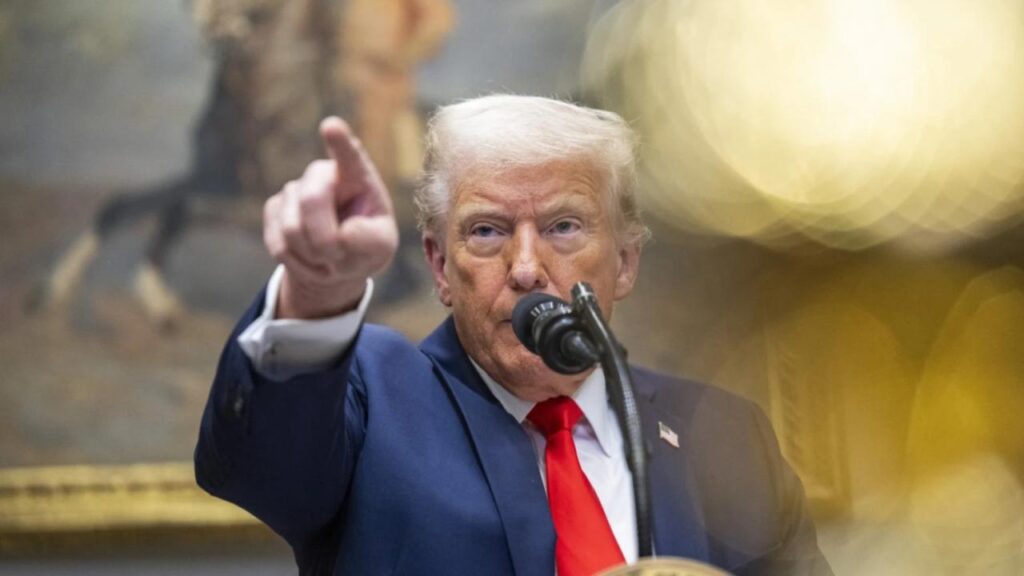
Trump’s Controversial Travel Ban Now Active
| Takeaway | Stat |
|---|---|
| Total countries fully banned | 12 |
| Additional countries with partial restrictions | 7 |
| Review period for policy | Every 180 days |
Trump’s new travel ban is now in full effect, impacting 12 countries with complete visa bans and seven more with partial restrictions. While the administration claims it’s a matter of national security, critics argue it’s rooted in exclusion and fear.
As legal challenges mount and diplomatic tensions rise, the coming weeks will test whether this policy can hold—and at what human cost.
Who’s Banned? The Full List
As of 12:01 a.m. ET, citizens from the following 12 nations are subject to a complete ban on all new U.S. visas:
- Afghanistan
- Burma (Myanmar)
- Chad
- Republic of the Congo
- Equatorial Guinea
- Eritrea
- Haiti
- Iran
- Libya
- Somalia
- Sudan
- Yemen
These restrictions apply to both immigrant and nonimmigrant visa applicants. In other words, unless exempt, no new student, work, or tourist visas will be granted.
In addition to the outright bans, seven other nations face partial restrictions that limit access for tourists, students, and temporary workers:
- Burundi
- Cuba
- Laos
- Sierra Leone
- Togo
- Turkmenistan
- Venezuela
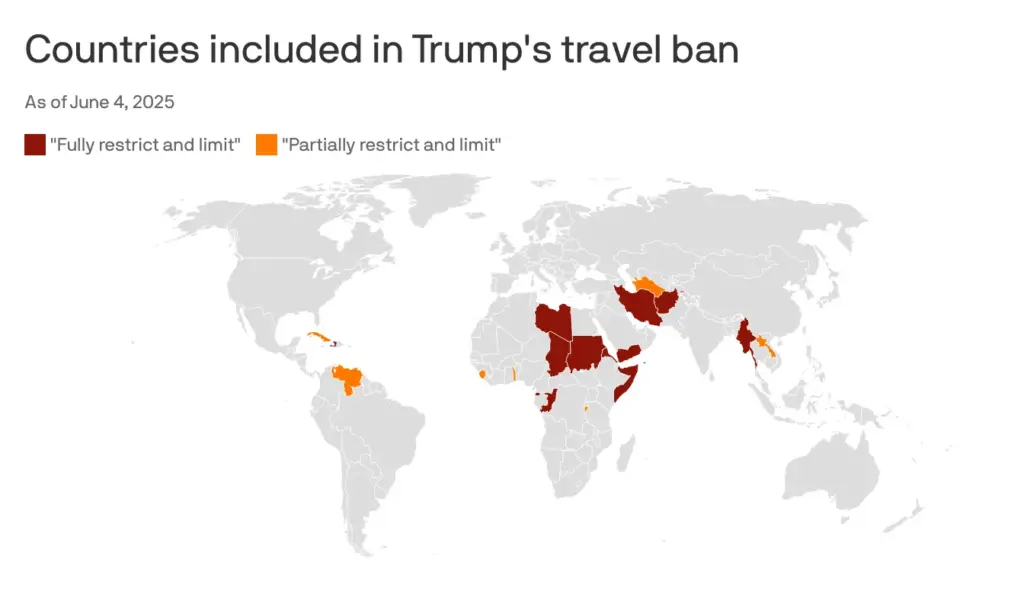
Who Is Still Allowed In?
If you’re already holding a U.S. visa or green card from one of these countries, you’re in the clear—for now. The ban doesn’t retroactively affect valid travel documents.
Exceptions include:
- Dual nationals traveling on a passport from a non-banned country
- Special Immigrant Visa (SIV) holders
- Adopted children entering under the Hague Adoption Convention
- Athletes for international competitions, including the 2026 FIFA World Cup and 2028 Olympics
- Individuals fleeing religious or ethnic persecution
These categories are narrowly defined and subject to consular discretion, leaving many in a state of limbo.
Why Now?
The administration argues that the policy is about national security, not discrimination. Officials cite concerns over terrorism, fraudulent documents, and visa overstays.
Trump also referenced the tragic June 1 attack in Boulder, Colorado, committed by an Egyptian national, as a catalyst—even though Egypt isn’t among the banned nations.
“This is about protecting American lives and our immigration system,” said Secretary of Homeland Security Mark Morgan. “These nations failed to meet basic vetting criteria.”
Déjà Vu: Comparing to the 2017 Ban
| Aspect | 2017 Ban | 2025 Ban |
|---|---|---|
| Affected countries | 7 initially | 12 fully banned + 7 restricted |
| Legal clarity | Poor, sparked chaos | Pre-announced, includes exemptions |
| Rollout strategy | Abrupt and litigated | Staged and reinforced with DHS guidelines |
When I covered the 2017 rollout, airports were overwhelmed, lawyers camped at terminals, and families were torn apart mid-flight. This time, while the optics are calmer, the human cost may still be profound.
Legal, Academic, and Global Pushback
Lawsuits are already piling up. Organizations like the ACLU and CAIR argue the policy violates constitutional protections against religious discrimination. Advocates also say it disproportionately impacts African and Muslim-majority nations.
Chad retaliated by suspending visa access for Americans. The African Union issued a rare statement condemning the move as “destructive to bilateral relations.”
U.S. universities, meanwhile, are urging international students from places like Iran and Venezuela not to leave the country unless absolutely necessary.
“We have over 600 students from affected countries. This policy throws their futures into doubt,” said Dr. Linda Koh, Dean of International Affairs at the University of Michigan.
What Happens Next?
The travel ban will be reviewed every six months and adjusted based on security assessments and diplomatic negotiations. But many worry it may become a lasting feature of Trump’s broader immigration overhaul.
If you’re planning to travel or apply for a visa from any of these nations, check with your local consulate and immigration attorney.

